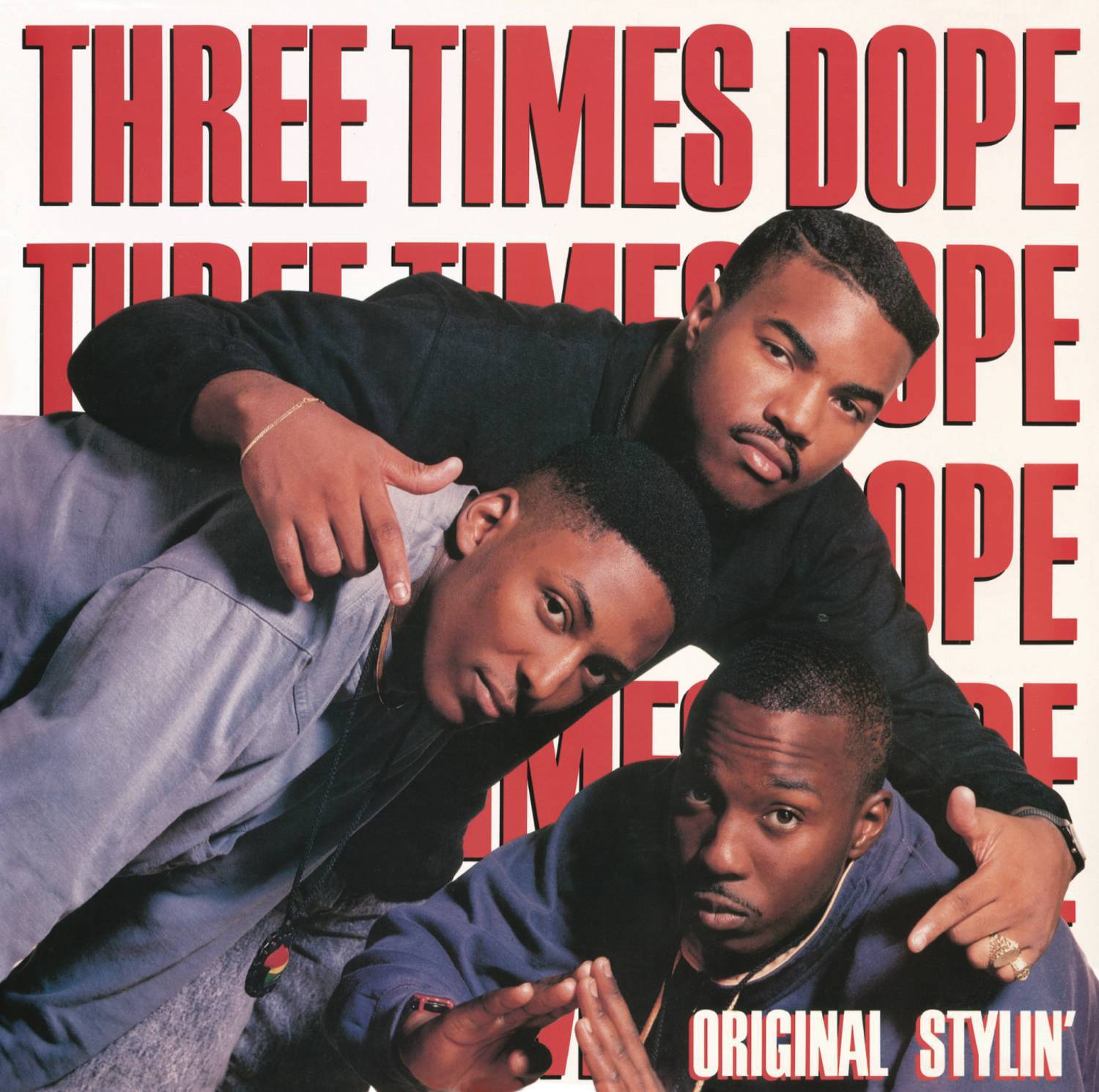Who is Peter Singer: The Influential Philosopher Shaping Modern Ethics
Peter Singer is a name that resonates deeply within the realms of philosophy, ethics, and animal rights activism. Known for his utilitarian approach, Singer……
Peter Singer is a name that resonates deeply within the realms of philosophy, ethics, and animal rights activism. Known for his utilitarian approach, Singer has challenged conventional moral perspectives and has significantly influenced contemporary discussions on ethical issues. But who is Peter Singer, and why does his work matter so much in today's world?
Born on July 6, 1946, in Melbourne, Australia, Peter Singer pursued his education at the University of Melbourne, where he earned a Bachelor of Arts degree. He later studied at the University of Oxford, where he was influenced by the works of philosophers such as Jeremy Bentham and John Stuart Mill. Singer's academic journey laid the foundation for his groundbreaking ideas on utilitarianism, a philosophy that advocates for actions that maximize happiness and reduce suffering.

Singer's most notable work, "Animal Liberation," published in 1975, is often credited with sparking the modern animal rights movement. In this book, he argues against speciesism—the discrimination against beings solely based on their species—and advocates for the ethical treatment of animals. He posits that the capacity to suffer, rather than the species itself, should be the basis for how we treat living beings. This radical idea has not only changed the way many view animals but has also led to significant changes in laws and practices regarding animal welfare.
But who is Peter Singer beyond his contributions to animal rights? He is also a prominent advocate for effective altruism, a philosophy that encourages individuals to use their resources—time, money, and skills—to do the most good possible. Singer argues that affluent individuals have a moral obligation to help those in extreme poverty and that small contributions can lead to significant changes in the lives of others. His book "The Life You Can Save" outlines practical steps individuals can take to make a difference, urging readers to consider the impact of their charitable donations critically.

Singer's influence extends beyond academia; he has been a controversial figure in public discourse. His views on euthanasia, infanticide, and disability rights have sparked intense debates. For instance, he argues that in certain circumstances, euthanasia can be a compassionate choice for individuals suffering from unbearable pain, a stance that has drawn both support and criticism. His willingness to confront uncomfortable topics has made him a polarizing figure, yet it has also ensured that essential conversations about ethics and morality continue to evolve.
In addition to his writings, Singer has held various academic positions, including a professorship at Princeton University, where he teaches bioethics. His role as a public intellectual has allowed him to engage with a broader audience, making complex philosophical concepts accessible to the general public. Through lectures, interviews, and public debates, Singer continues to challenge people to think critically about their moral beliefs and the consequences of their actions.

In conclusion, who is Peter Singer is not just a question about a philosopher; it is an inquiry into the ideas that have transformed ethical thinking in the modern age. His commitment to utilitarianism, animal rights, and effective altruism has made him a pivotal figure in contemporary philosophy. As society grapples with pressing ethical dilemmas, Singer's work remains crucial in guiding discussions and encouraging individuals to consider their responsibilities toward others—both human and non-human. By understanding who Peter Singer is, we can better appreciate the profound impact he has had on our moral landscape and the ongoing relevance of his ideas in today's world.